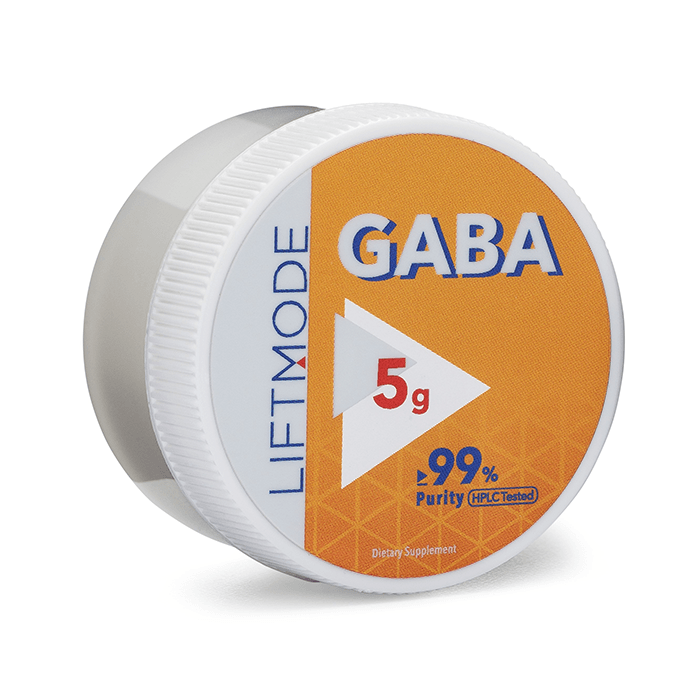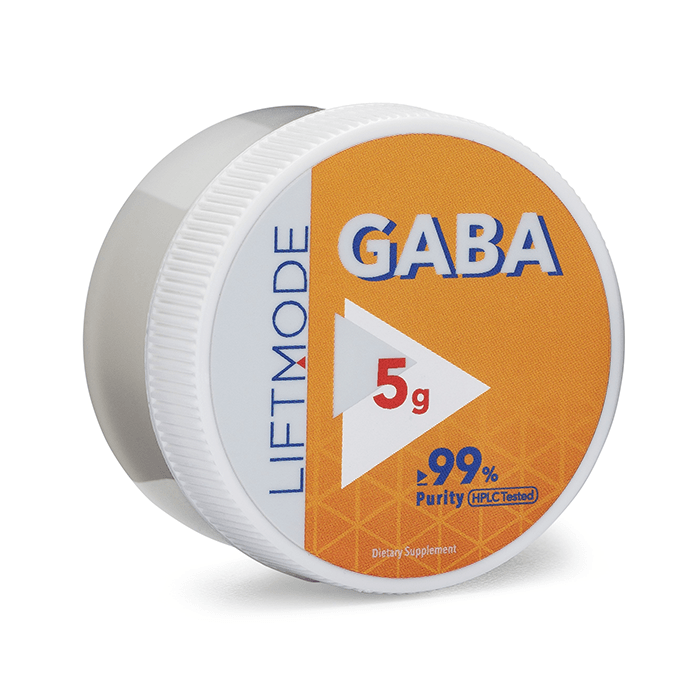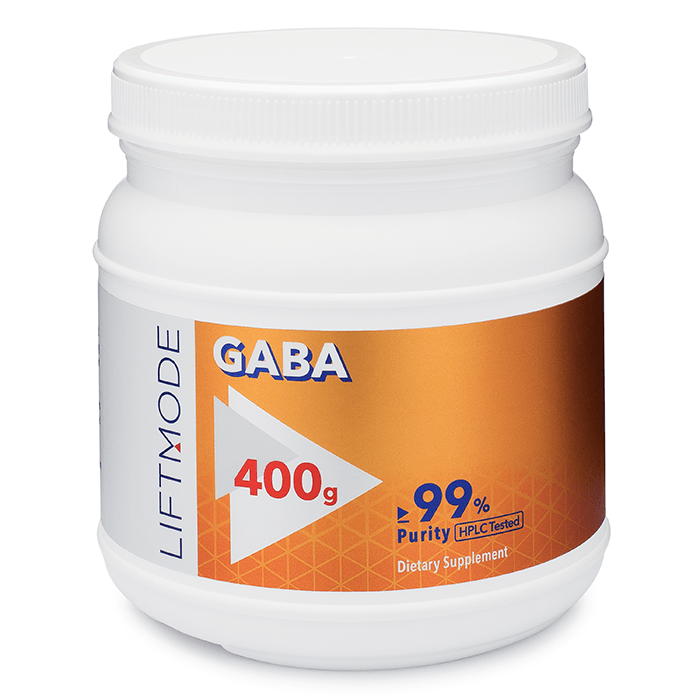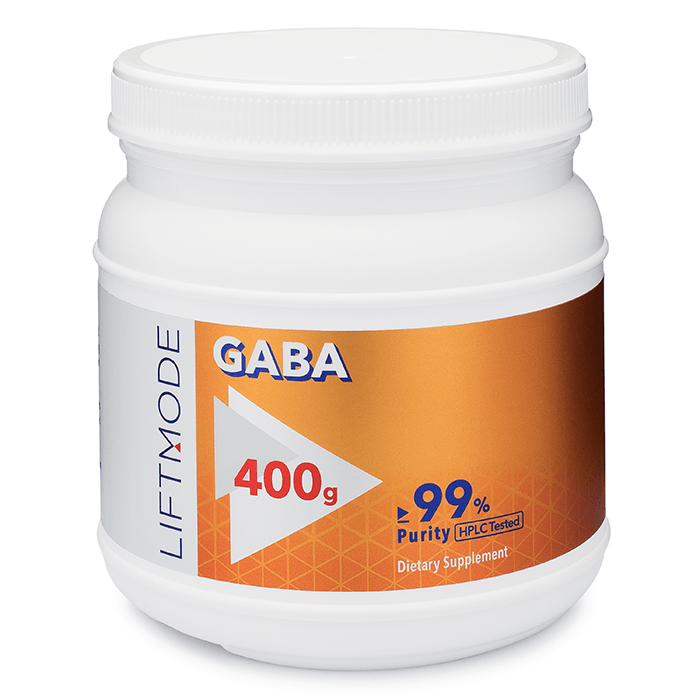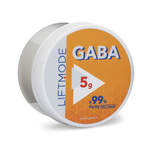-
Free from additives and fillers
-
Gluten Free
-
HPLC Lab tested
-
Non-GMO
-
Science backed
-
Vegan
Scientifically Tailored Ingredients
GABA
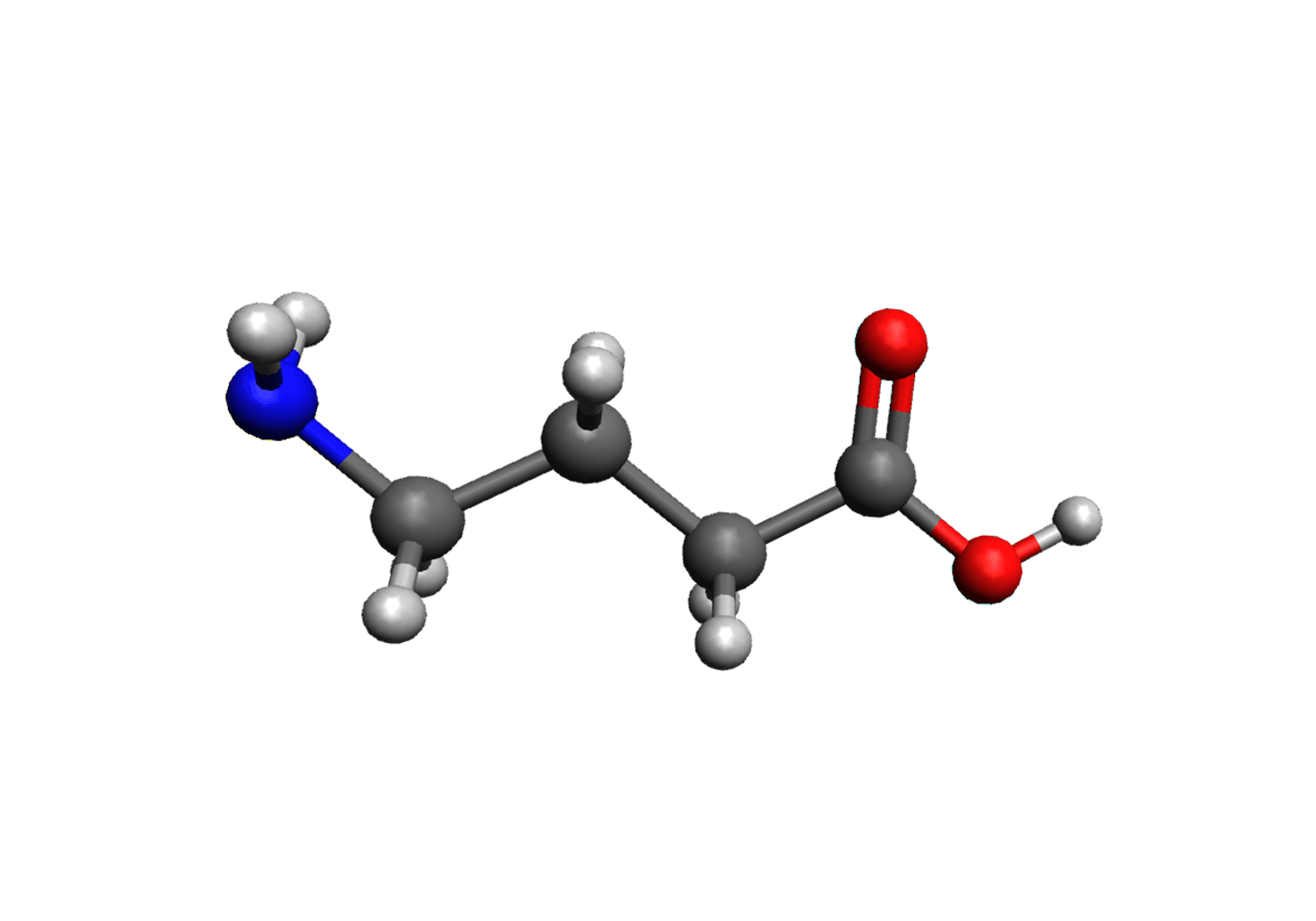
GABA
GABA is a naturally occurring amino acid which is the chief inhibitory neurotransmitter in the mammalian central nervous system. GABA promotes a calm mood and is used as an ingredient in dietary supplement products. - Calming - Promotes a Healthy Nervous System - Supports Healthy Sleep
Collapsible content
References
References
